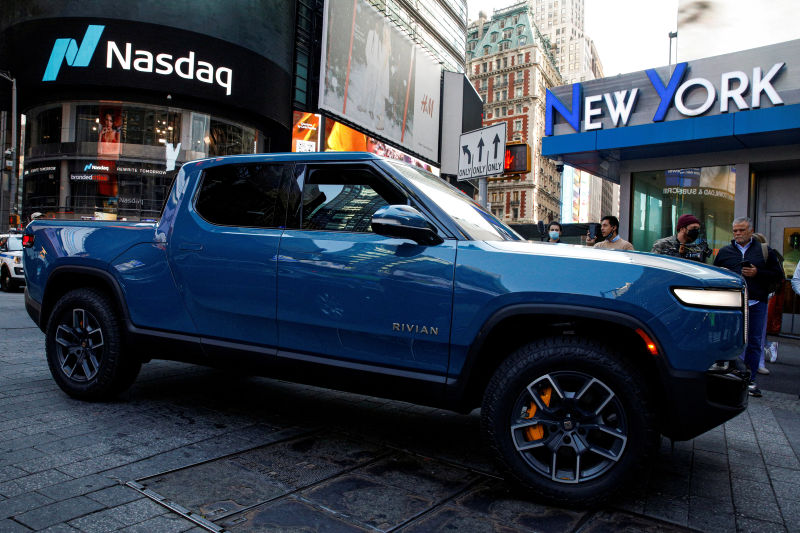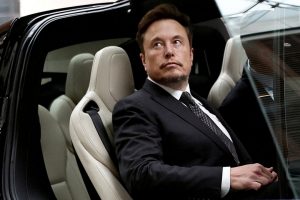Amazon-backed electric vehicle startup Rivian Automotive said on Thursday it will build a $5 billion factory in the US state of Georgia, its second assembly plant, as it looks to expand production to China as well.
In its first publicly reported quarterly results since it went public last month, Rivian posted a third-quarter net loss of $1.2 billion.
Rivian’s shares tumbled 9.8% in after-hours trading after the company said it expected production to fall a few hundred vehicles short of its 2021 target of 1,200 and its pre-order numbers disappointed some on Wall Street.
“Launching and ramping production of three different vehicles within a few months is an incredibly tough challenge,” Rivian chief executive RJ Scaringe said.
He cited global supply-chain constraints, the Covid-19 pandemic, a tight US labour market and short-term issues around building electric battery modules as obstacles.
Scaringe said Rivian was focused on pulling ahead of the timeline for increasing production of its vehicles.
The utility launched in September and the SUV this week. To date, Rivian has delivered 386 of the 652 vehicles it has built and says it plans to ship its first vans to Amazon this month.
Taking on Tesla
Rivian, other startups and established automakers are racing to take on EV leader Tesla as pressure grows in regions including China and Europe to eliminate vehicle emissions.
Rivian intends to eventually open plants in China and Europe to meet Scaringe’s previously stated target of at least 1 million vehicles a year by the end of the decade.
With a market value of almost $93 billion, Rivian made its Nasdaq debut last month in the world’s biggest initial public offering of 2021.
Rivian raised almost $14 billion in the IPO to fund future growth on top of the $10.5 billion it had raised privately from such investors as Amazon and Ford Motor. Amazon owns 20% of Rivian and Ford owns about 12%.
Rivian’s Georgia plant will eventually employ more than 7,500 people and build 400,000 vehicles a year.
In 2020, Scaringe said the utility truck and SUV would be followed by smaller models targeted at China and Europe.
“We wouldn’t be serious about building a car company if we weren’t thinking about China and Europe as important markets long term,” he said.
- Reuters, with George Russell
READ MORE:
GM to Domestically Source Rare Earth Magnets for EVs
Electric Vehicle Investment Surge Creating a Boom for Machinery Makers
On The Charge: The Top EV Battery Firms’ Expansion Plans
























